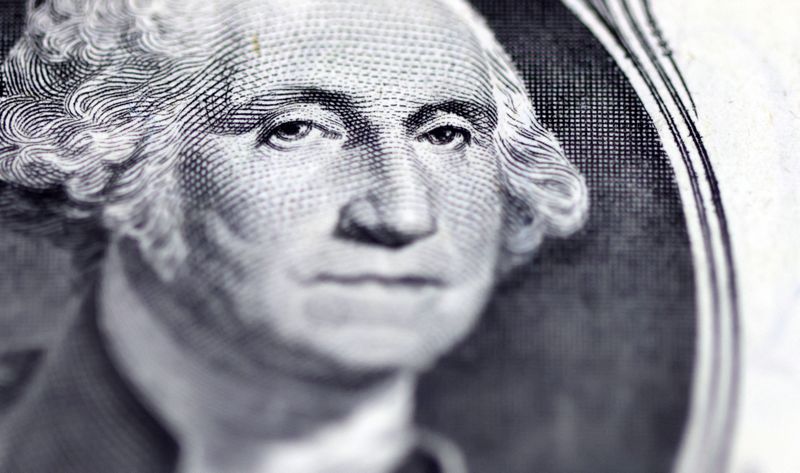On Monday, the U.S. dollar experienced a significant selloff, declining over 1% following the announcement of a "universal tariff" plan by the new U.S. administration. Investors are questioning whether this could signal the beginning of a trend similar to 2017, when the dollar consistently fell during President Trump's first year in office.
However, analysts at Bank of America (NYSE:BAC) (BofA) believe there is not enough evidence to declare the start of a downtrend for the U.S. dollar.
The market's immediate reaction brought the DXY index, which measures the dollar against a basket of other major currencies, down to 108. This level is considered a short-term equilibrium for the dollar, especially after the hawkish stance taken by the Federal Open Market Committee (FOMC) in December 2024.
The FOMC's decision was characterized as "an unabashedly hawkish cut" in a BofA report dated December 18, 2024.
Looking ahead, the U.S. dollar could see a resurgence in strength pending the release of the December payrolls report this Friday. BofA's report titled "Labor Market Watch," dated January 6, 2025, suggests that a strong labor market could lead to a reassessment of expectations for any Federal Reserve rate cuts in 2025.
Investors and market participants are now poised to focus on the upcoming labor data for further direction. The anticipation is that a robust employment report could counteract the immediate bearish sentiment and support the dollar's value in the near term.
In summary, while the recent selloff has raised questions about the dollar's trajectory, BofA maintains that a single day's movement is not indicative of a longer-term trend.
This article was generated with the support of AI and reviewed by an editor. For more information see our T&C.
